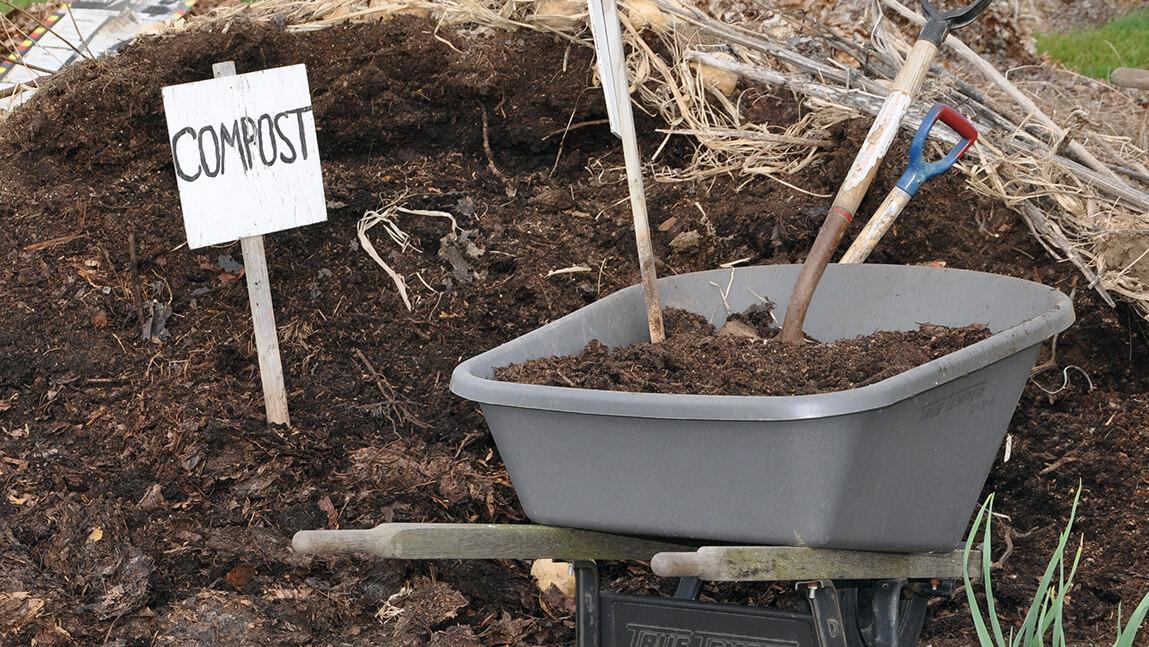Burlington--Most Vermonters know that composting is an essential part of household waste management as Vermont state law banned food scraps from the trash back in 2020. But composting is more than just landfill diversion.
It is a way to recycle nutrients at your home, saving you money by providing a free resource to feed the soils of your garden, lawn and other plants. Done correctly, composting will not attract bears, rats and other wildlife.
To learn how to compost at home or in your community, the University of Vermont (UVM) Extension Community Horticulture Program is offering its annual Vermont Master Composter course, beginning on August 30.
The online course runs for eight weeks and covers how to make and use compost, compost ecology, community composting and relevant Vermont policies, and for those interested in becoming a Vermont Master Composter volunteer, a session on volunteerism.
The fee is $50 for Vermonters and $150 for non-residents and covers instruction and all materials. Registration is due no later than August 23. To learn more and to register, go to https://go.uvm.edu/vtcompost.
Anyone interested in becoming a becoming a Vermont Master Composter volunteer is required to attend live Zoom sessions each Thursday evening from 6 to 7:30 p.m. from September 5 to October 24 and attend an in-person workshop to gain hands-on experience with backyard and community composting systems.
Course instructors include Natasha Duarte, Composting Association of Vermont director; soil scientist Dr. Wendy Sue Harper; Deb Heleba, UVM Extension Community Horticulture programs manager; and Emma Stuhl, Vermont Agency of Natural Resources.
For questions about the course, email Heleba at debra.heleba@uvm.edu. To request a disability-related accommodation, please contact her by August 9.
